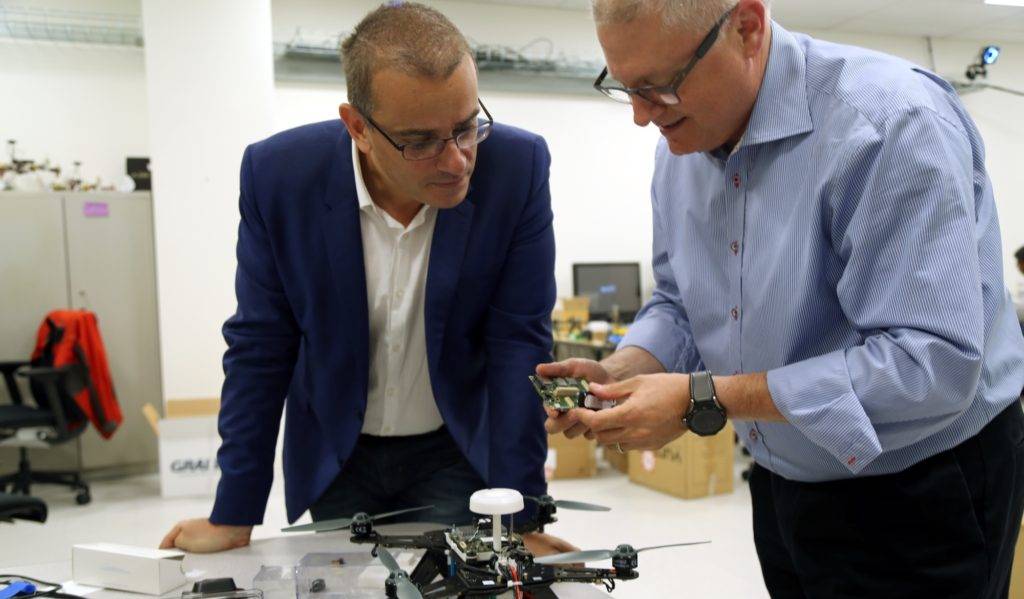Intel announced on Monday plans to acquire computer vision startup Movidius for an undisclosed amount. It is one in a series of acquisitions from the chip giant, as it tries to capture emerging markets like artificial intelligence, big data, and the Internet of Things.
Movidius was founded 11 years ago in Ireland and expanded into Silicon Valley a few years ago. In that time, it has worked on multiple projects, including drones, augmented reality, and Alphabet’s Project Tango.
See Also: Will Intel’s Developer Forum highlight the future of IoT?
In a blog post, Intel senior vice president and general manager, Josh Walden, said Movidius’ efforts would be integrated into RealSense, the company’s chip and camera system for AR, VR, and drones.
“With Movidius, Intel gains low-power, high-performance SoC platforms for accelerating computer vision apps,” said Walden. “Additionally, this acquisition brings algorithms tuned for deep learning, depth processing, navigation and mapping, and natural interactions, as well as broad expertise in computer vision and machine intelligence.”
“Movidius’ technology optimizes, enhances and brings RealSense capabilities to fruition,” he added.
Nvidia has pulled ahead in the race to supply chipsets for VR and AR, with some manufacturers preferring the Taiwanese company’s focus on graphics rather than performance. Intel has seen the same issues in the artificial intelligence market, where Nvidia can provide better performance for photo and video than Intel chips.
Intel acquiring it its way into AR and VR
Intel is trying to fix this shortcoming by acquiring specialized suppliers and creating new divisions for emerging technologies. The recent acquisition of Nervana Systems, an AI startup, shows its willing to spend millions to try and have a chance in the market.
Part of the spending binge has to do with Intel’s failure in the mobile industry, where it lost billions to Qualcomm and Nvidia. The company did not spend a lot of time in the early days securing contracts with Apple, Samsung, and others, and it ended up crushing the once dominant chip manufacturer.
Intel CEO Brian Krzanich is committed to not letting that happen again, and the acquisitions are proof of how serious the company is taking these new markets.

















